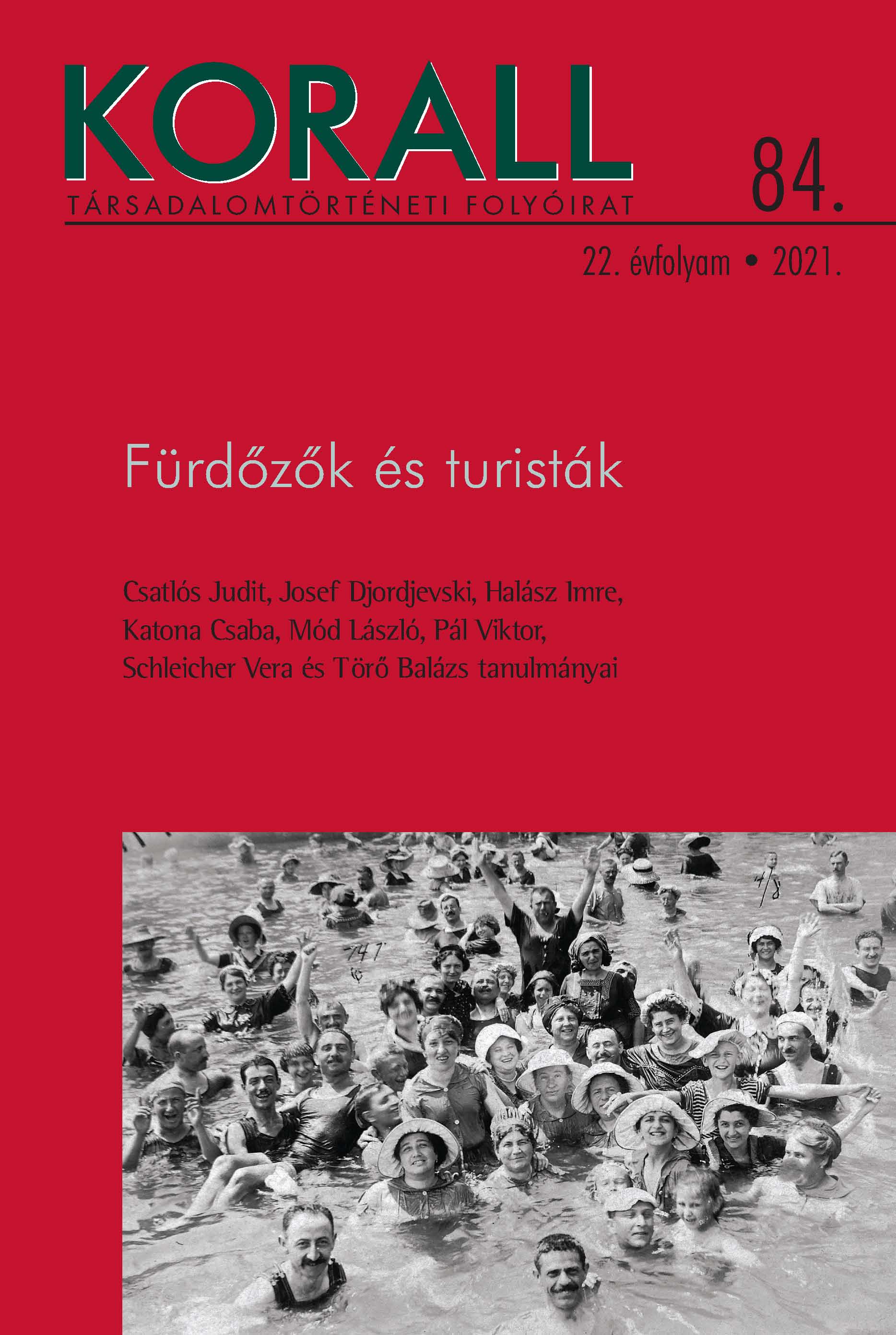Az idegenforgalom környezettörténete a hidegháborús Magyarországon és Jugoszláviában
The Environmental History of Tourism in Cold-War Hungary and Yugoslavia
Author(s): Josef Djordjevski, Viktor PálSubject(s): History, Social history, Post-War period (1950 - 1989)
Published by: KORALL Társadalomtörténeti Egyesület
Keywords: history;hungary;yugoslavia;tourism;cold war;
Summary/Abstract: As the most market-oriented states of Cold-War Eastern Europe, both Yugoslavia and Hungary considered fast industrialization and urbanization the key to attain the much-coveted Socialist modernity. By the 1960s, both state socialist regimes recognized and exploited the opportunities of nascent mass tourism. Tourism developers, whose concepts were based on “scenic” and “idyllic” regions such as Lake Balaton and the Kvarner Gulf, faced two dilemmas about the natural environment in these regions. On the one hand, the negative effects of mass tourism risked the destruction of the natural resources themselves, on the other hand, the parallel operation of automated agriculture, industry, and tourism raised many problems on account of the inevitable conflicts of interests and other ten- sions between them. The study analyses and compares the changes of natural environment in the Balaton region and in the Kvarner Gulf during the decades of the Cold War. The authors examine how the state socialist governments of Hungary and Yugoslavia strove to strike a balance between the development needs of industry, agriculture, and tourism, and to avoid the negative environ- mental effects and conflicts brought on by the latter.
Journal: Korall - Társadalomtörténeti folyóirat
- Issue Year: 2021
- Issue No: 84
- Page Range: 144-162
- Page Count: 19
- Language: Hungarian

